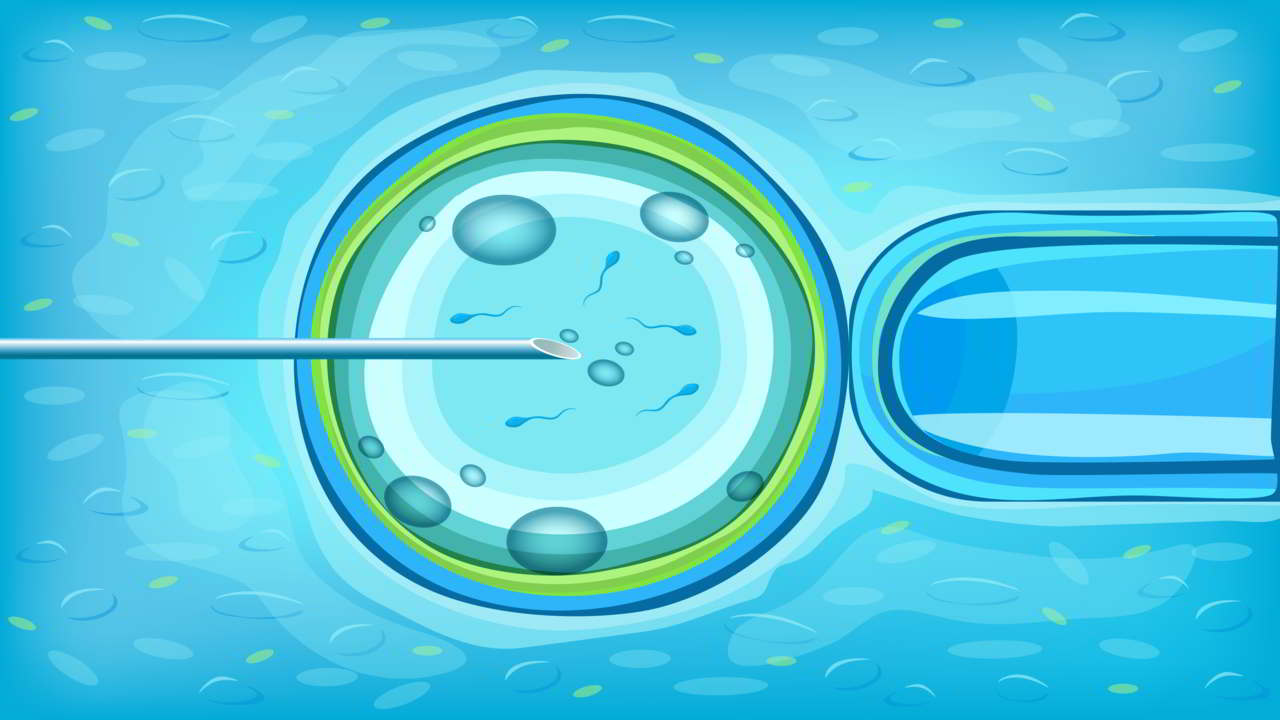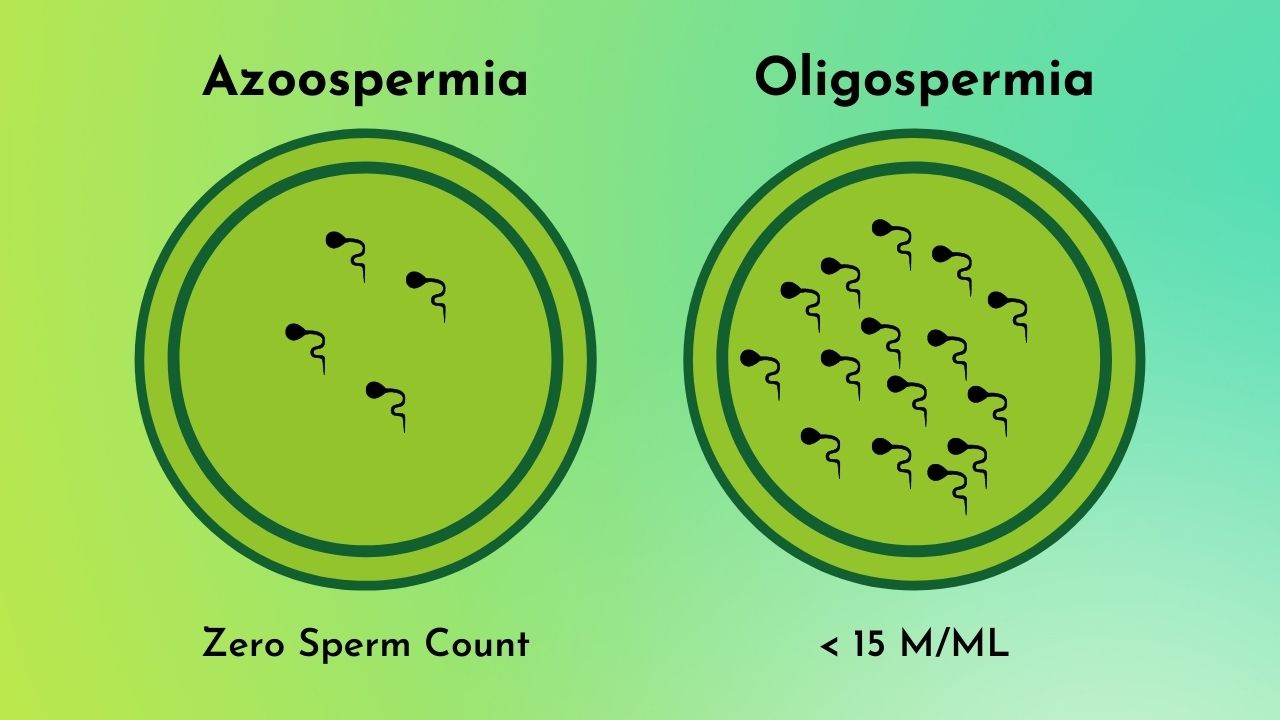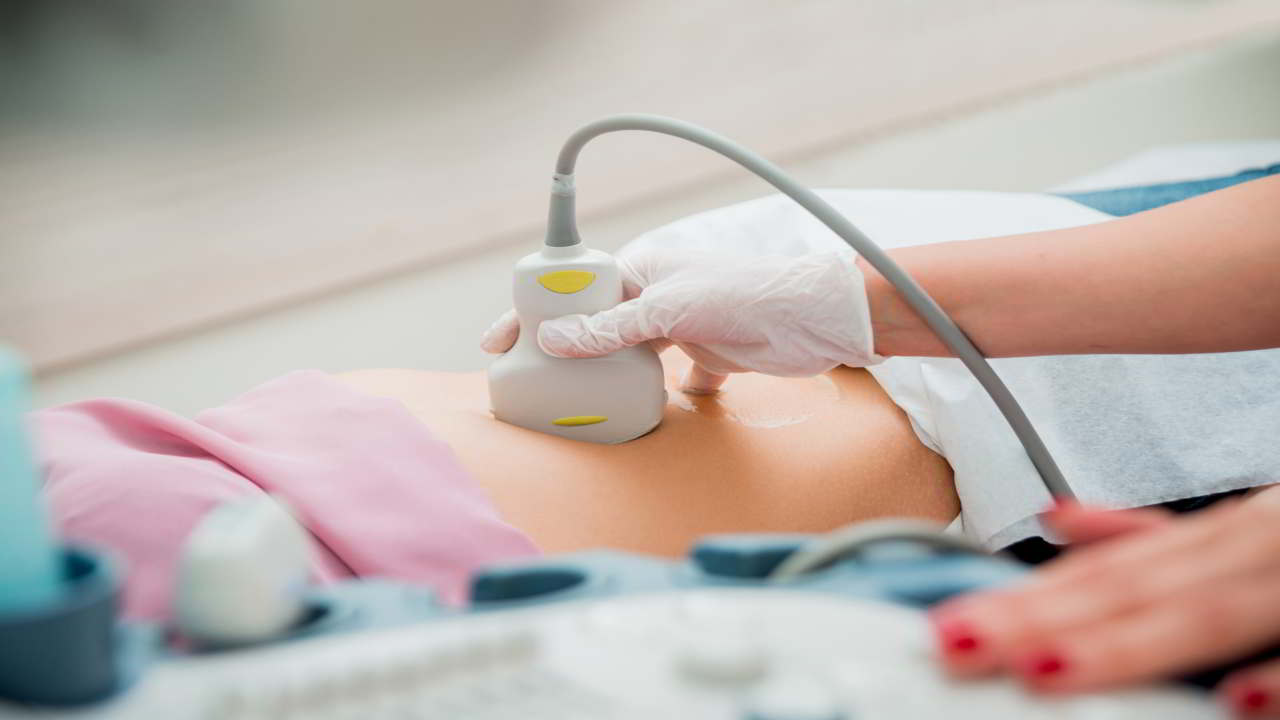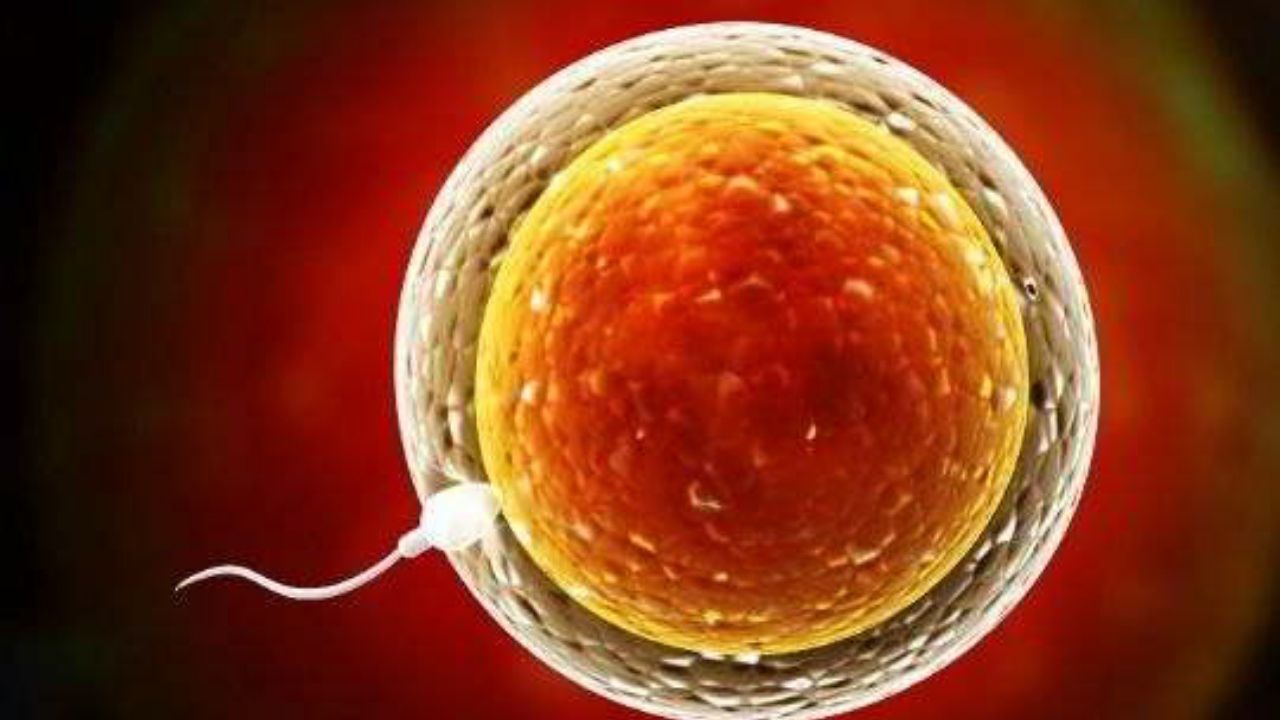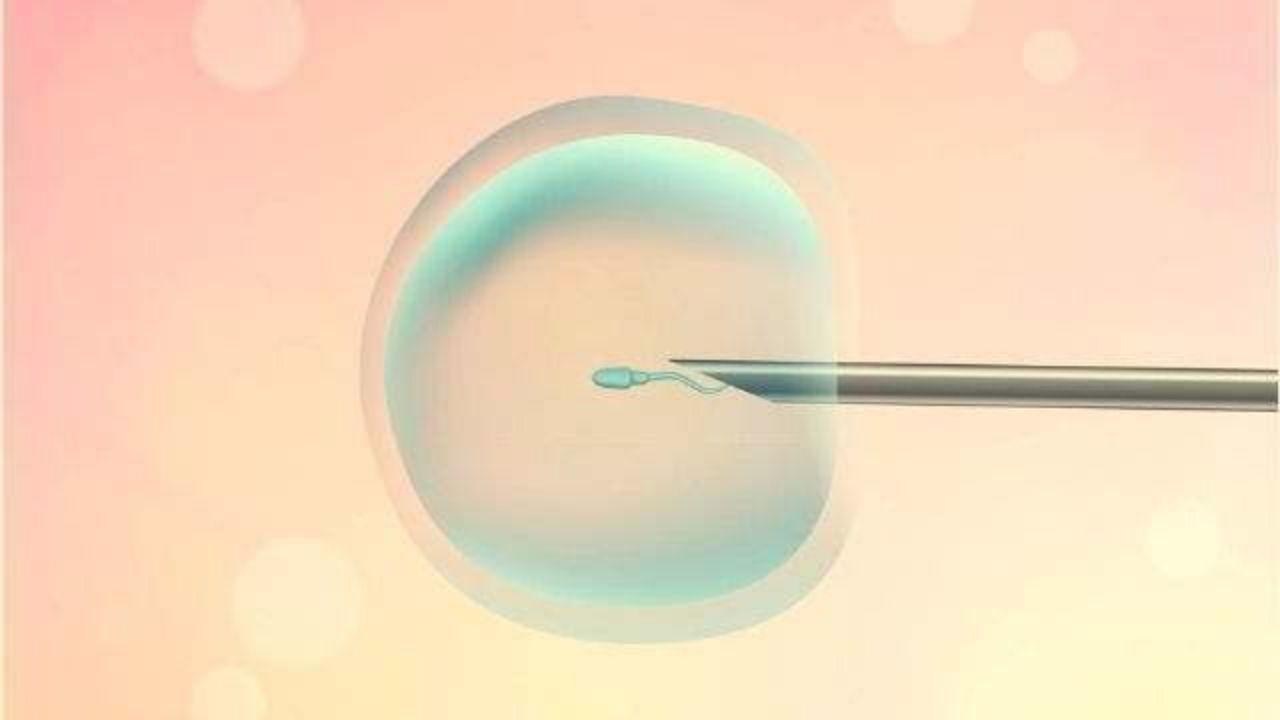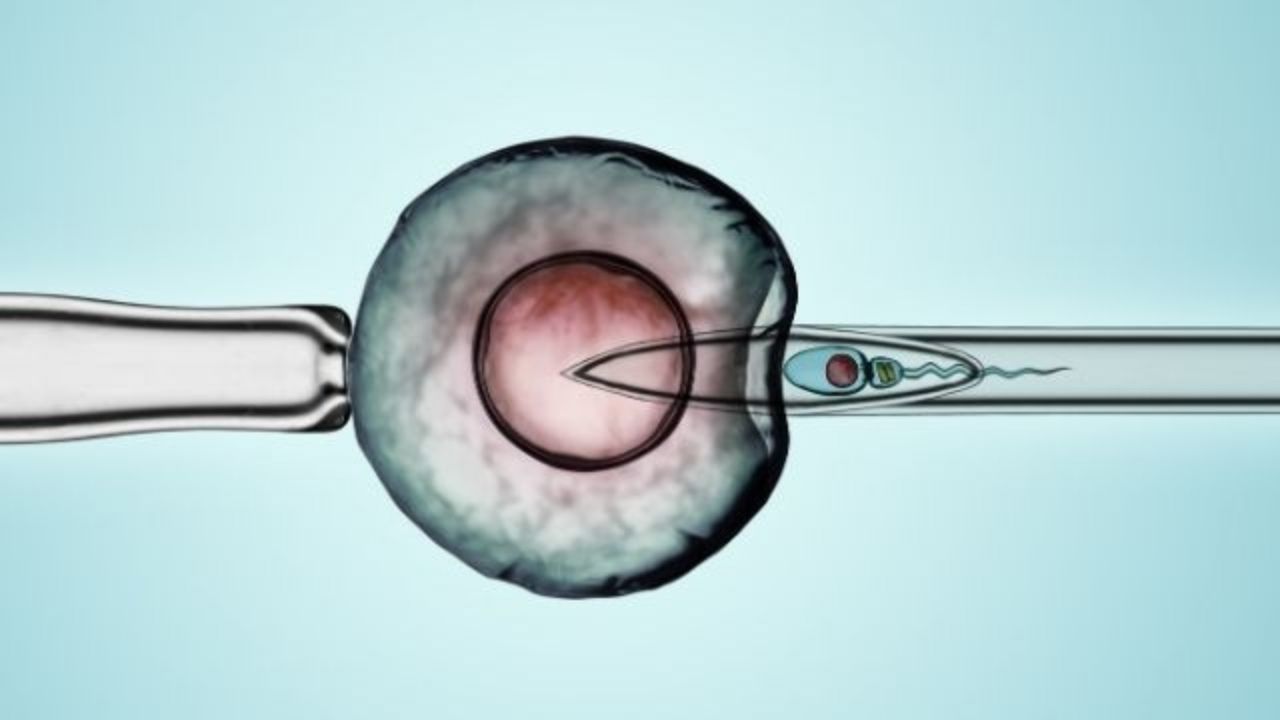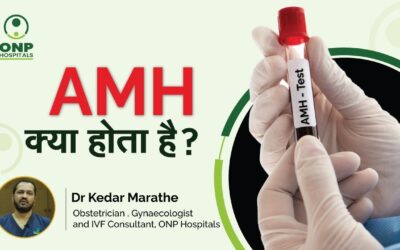As a pediatrician at ONP Hospitals, I’ve witnessed countless stories of resilience and recovery, but one case stands out—little Anaya’s story. Anaya, a spirited four-year-old, came to us after a severe finger injury that happened while she was playing in the backyard....
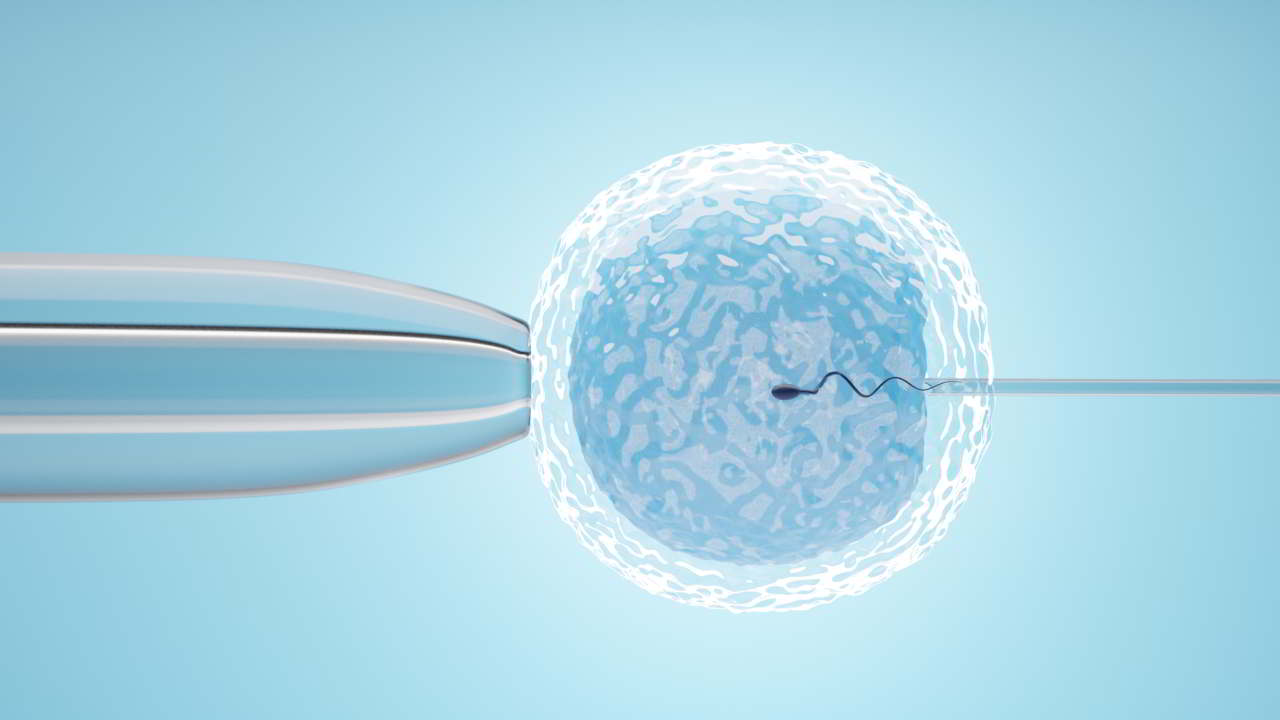
Overview
Intrauterine insemination (IUI), which is a kind of artificial insemination, is a method used to treat infertility in women. As soon as your ovary begins to release one or more eggs for fertilization, sperm is cleaned and purified before being injected directly into your uterus to begin the process of conception and pregnancy.
During intrauterine insemination, the goal is for the sperm to enter into the fallopian tube and fertilize an egg that has been waiting for fertilization, resulting in a pregnancy. IUI may be performed in conjunction with your natural cycle or conjunction with fertility medicines, depending on the cause of infertility.
Everything You Need To Know About Intrauterine Insemination (IUI)
What is IUI?
A simple treatment, known as intrauterine insemination (IUI) places healthy sperm straight into your uterus, allowing them to move closer to your egg. The success of IUI is dependent on several variables. Overall success rate is 10% per cycle. These percentages vary based on factors like a woman’s age, the cause of her infertility, and whether or not fertility medicines were utilized, among other things.
Procedure
Donor insemination, alternative insemination, and artificial insemination are other types of IUI. As you’re ovulating, sperm cells are immediately injected into your uterus. This helps the sperm reach your egg more quickly. This reduces the amount of time and distance sperm must travel to fertilize your egg, making the process faster and simpler.
You may take ovulation-stimulating fertility medications before the insemination process. A donor or your partner’s sperm is used. It undergoes a procedure known as “sperm washing” to extract the most healthy sperm possible from the semen.
Afterward, your doctor will implant the sperm directly into your uterus with or without ultrasound guidance. This occurs when sperm fertilizes an egg, and the resulting fetus grows in your uterus after the fertilized egg has been implanted.
Simple and low-tech, IUI is also less costly than other kinds of reproductive treatments. IUIs may be. It improves your chances of becoming pregnant, but since every woman’s biology is different, there is no way to know whether IUI will be successful in your particular cycle.
Who Needs It?
The likelihood of a couple becoming pregnant is very variable. It is more common to utilize intrauterine insemination when a couple has:
- Donor sperm: IUI is the most popular method of becoming pregnant for women who require donor sperm. Specimens of donor sperm(not husband’s) are collected from accredited laboratories and thawed before IUI using frozen sperm received from donors.
- Unexplained infertility: In combination with ovulation-inducing drugs, IUI is often used as a first therapy for infertility for no apparent reason.
- Endometriosis-related infertility: Endometriosis-related infertility is often treated with fertility drugs and IUI to get a healthy egg.
- Mild male factor infertility (subfertility): If your partner’s sperm analysis, which is the first stage in diagnosing infertility, reveals low sperm concentration, sluggish sperm movement (motility), or aberrant sperm size and shape (morphology), you should see your partner’s doctor immediately. The preparation of sperm for the treatment helps distinguish highly motile, normal and high-quality sperm from those of poorer quality, therefore IUI may address some of these issues.
- Cervical factor infertility: The entrance between your vagina and uterus is provided by your cervix, which is located at the uterus’ lower end. Ovulation-related mucus secreted by the cervix provides sperm with a perfect environment for their journey from the vagina to the fallopian tubes. However, excessive cervical mucus might obstruct sperm movement. Another factor that might hinder the sperm from accessing the egg is an abnormally narrow cervix. The cervix might thicken as a result of scarring from operations such as biopsies or other diagnostic tests. Because IUI skips the cervix entirely, it puts more sperm in your uterus, improving the odds of having enough sperm to meet your egg.
- Ovulatory factor infertility: Women experiencing infertility due to ovulation issues, such as a lack of ovulation or a decreased quantity of eggs, may also benefit from IUI.
- Semen allergy: Allergies to antigens in sperm may induce infertility in certain women, however, this happens quite rarely. When sperm is ejected into the vagina, it produces irritation, redness, burning, and edoema. A condom not only protects you from the symptoms but also helps prevent conception in the first place. Because many of the proteins in semen are eliminated before the sperm is injected, IUI may be an option if your sensitivity is extreme.
Conclusion
For many women and couples who are attempting to become pregnant, intrauterine insemination is a great alternative because of its minimal risk. Consult your OB-GYN and fertility expert if you’ve had trouble conceiving or have concerns about your conception alternatives. Depending on your medical history, your doctor may recommend IUI as a viable option to help you get pregnant.
Sub Services
What Patient has to say about us
People heavily rely on reviews from other patients when choosing a healthcare provider
Our Patients Many many happy returns of the day......... The best doctor in the world My mother was suffering from severe pain in both knees and spine. Dr. Aashish arbat sir has operated today after 15days she is doing every thing thank you Dr aashish arbat sir and team Especially the major support was from Dr Ram sir from admission to dischatge and follow ups and taken care very nicely thanku Dr. Ram sir Our Patients After enduring knee pain for the past decade, my mother sought advice from various doctors in Nagpur, Nashik, and Pune. They all recommended knee replacement surgery, but it was only when we discovered Dr. Aashish Arbat and the option of robotics surgery that we made the decision to proceed. The surgery took place on June 23, 2023, and it turned out to be an incredible experience. To our astonishment, on the morning of June 24, my mother was able to stand on her own legs and even take a few steps. This remarkable progress was made possible due to the advanced assistance of robotics arm and Artificial Intelligence. Dr. Aashish Arbat is an exceptional and highly experienced surgeon, and we are immensely grateful for his expertise. We also extend our appreciation to his colleagues, Dr. Sharma and Dr. Ram, for their excellent skills and compassionate nature. Our heartfelt thanks go out to the entire team for enabling my mother to live a pain-free life Our Patients My mother got her both robotic knee replacement from sir on Oct 2021. The team and sir have made the complete process seamless. Especially my mother was very comfortable post her surgery. Thank you Dr Arbat and team. Our Patients Our Patients Our Patients Hello. My wife has severe arthritis in her body knees since 2017. We communicated many doctors but she was not happy. We visited Dr arbat for same issue and he came up with robotic knee replacement solution which suited her accurately and she is walking 5-6km daily without hesitation and living comfortably. Thanks Dr. Aashish Arbat and his new technology.![]()
Chhaya Kate
![]()
pravin kharat
![]()
T Srivalli
![]()
Mohan Satavekar
![]()
VIVEK PANDEY
![]()
Subhash Bobade
Blogs
Addressing Childhood Obesity: Preventative Measures and Healthy Lifestyle Choices
Childhood obesity is growing concern. More kids are affected every year. Tackling this issue early is crucial. This ensures children grow up healthy and happy. Fortunately, there...
Healthy Sleep Habits for Children: Tips for Parents
Good sleep is essential for children’s health and development. Yet getting kids to sleep can sometimes feel like an uphill battle. Establishing healthy sleep habits early on sets...
The Role of Diet and Nutrition in Managing Encopresis in Children: Insights from Dr. Amita Phadnis
Encopresis, a condition characterized by involuntary soiling in children, can be distressing for both the child and their family. First and foremost, complete treatment of...
Videos
Dr. Amita Phadnis’s Full Speech on Survival & Health Rights at UNICEF India.
Dr. Amita Phadnis ,M.D., Gave a Motivating Speech
Breast cancer is cancer that forms in breast cells. Women are mostly diagnosed with this cancer. Although it can be seen in both men and women
What is AMH
The granulosa cells in your ovarian follicles create the anti-Mullerian hormone, often known as AMH. According to the American College of Obstetricians and Gynecologists (ACOG), the generation of AMH is a reflection of your ovarian reserve.
FAQ’s
Pregnancy and Migraine Headaches: What Women Need to Know
When you are pregnant or breastfeeding, then you should be aware that migraine headaches are a normal part of the journey. Pregnant women might feel headaches owing to...
What Is the Problem of Orthopedics in Children?
While orthopaedic problems are commonly seen in and associated with the elderly, it’s important to be alert regarding the fact that they can afflict young people and children as well.
All You Need to Know About Reproduction
Most science students have to study about reproduction in their high school syllabus, and some learn from their parents, who may discuss it even earlier. It’s a very good thing to know about our own bodies…
Explore All Departments

ONP Prime

ONP Leela

IVF

Oncology

Pediatrics

Urology

Neonatology

Ophthalmology

Orthopedics

Gynaecology

Cardiology

IVF

Oncology

Pediatrics

Urology

Neonatology

Ophthalmology



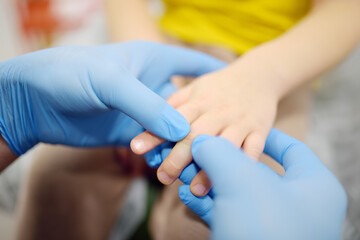

 Home
Home

